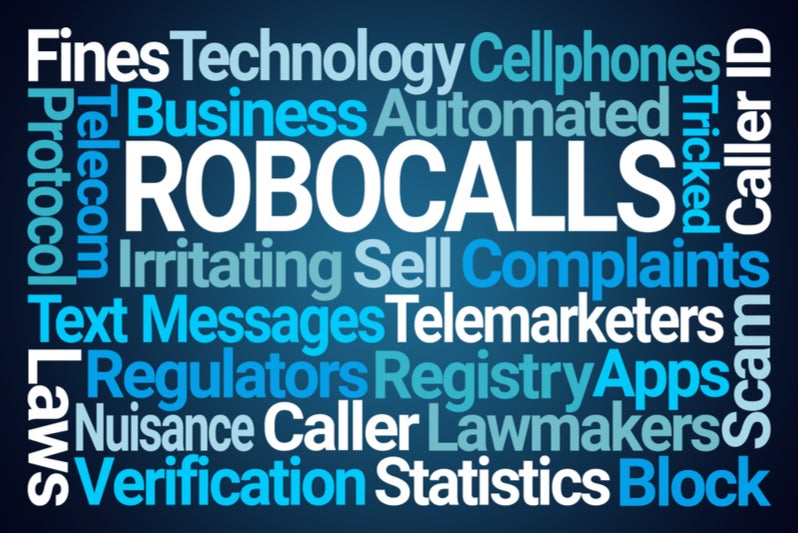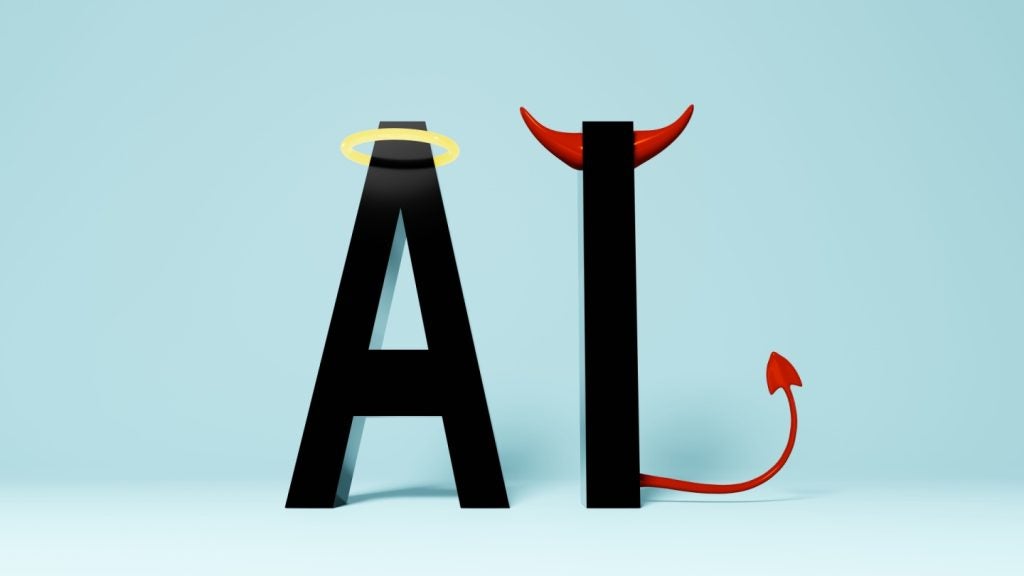Robocalls sparked a rare moment of bipartisanship when both houses of the US Congress and the President were in near-unanimous agreement. This was on legislation designed to stamp out robocalls, which have exploded over the past several years.
With the president’s signature on December 30, the new “TRACED” law will be adopted by operators. It also includes a regimen of stiff penalties for both robocallers and network operators. Unfortunately, the relaxed timeframe for implementing changes means robocall volumes are unlikely to recede much until 2021 and beyond.
The new robocalls law imposes a host of requirements
The new law demands that all voice service providers must adopt a framework for authenticating calls. For companies providing Voice over Internet Protocol (VoIP), that means implementing the STIR/SHAKEN (Secure Telephone Identity Revisited/Signature-based Handling of Asserted information using toKENs) protocol.
The law is significant because, while most of the major voice providers have already begun implementing STIR/SHAKEN, non-tier 1 networks that are actually responsible for generating the highest volume of robocalls largely have not.
Last March, networking services firm Transaction Network Services reported that hundreds of small, non-tier 1 network operators account for 90% of “high-risk” robocalls. These are calls that are essentially spam or fraudulent calls – even though they only generate 25% of total call traffic.
More time to track down offenders
The new law also gives the Federal Communications Commission (FCC) new tools to go after companies engaging in robocalling. The FCC can now impose fines on parties engaging in robocalling, and now has up to four years to track down and impose fines on those offenders. This is a doubling of the statute of limitations that gives more time to identify the actual offenders.
How well do you really know your competitors?
Access the most comprehensive Company Profiles on the market, powered by GlobalData. Save hours of research. Gain competitive edge.

Thank you!
Your download email will arrive shortly
Not ready to buy yet? Download a free sample
We are confident about the unique quality of our Company Profiles. However, we want you to make the most beneficial decision for your business, so we offer a free sample that you can download by submitting the below form
By GlobalDataThe new law also requires the FCC to refer repeat offenders to the Justice Department for potential prosecution. Furthermore, it requires the Attorney General to report to Congress on its progress in prosecuting robocallers.
Less stringent rules in some areas
However, there are some grey areas. For example, calls and texts that are typically made for customer service purposes have been subject to less stringent rules.
The new law will require these types of “legitimate” automatic calling to identify themselves as authentic in order to avoid being blocked.
In addition, unfortunately for customers, relief is not going to happen right away. This is because the new law gives VoIP providers 18 months to implement the STIR/SHAKEN protocol. It also enables the FCC to extend the deadline beyond 18 months in some cases.
However, its drafters believe the new law should result in a steady decline in robocalls over the next several years. Or at least until the bad guys find new ways to get around the new law.








